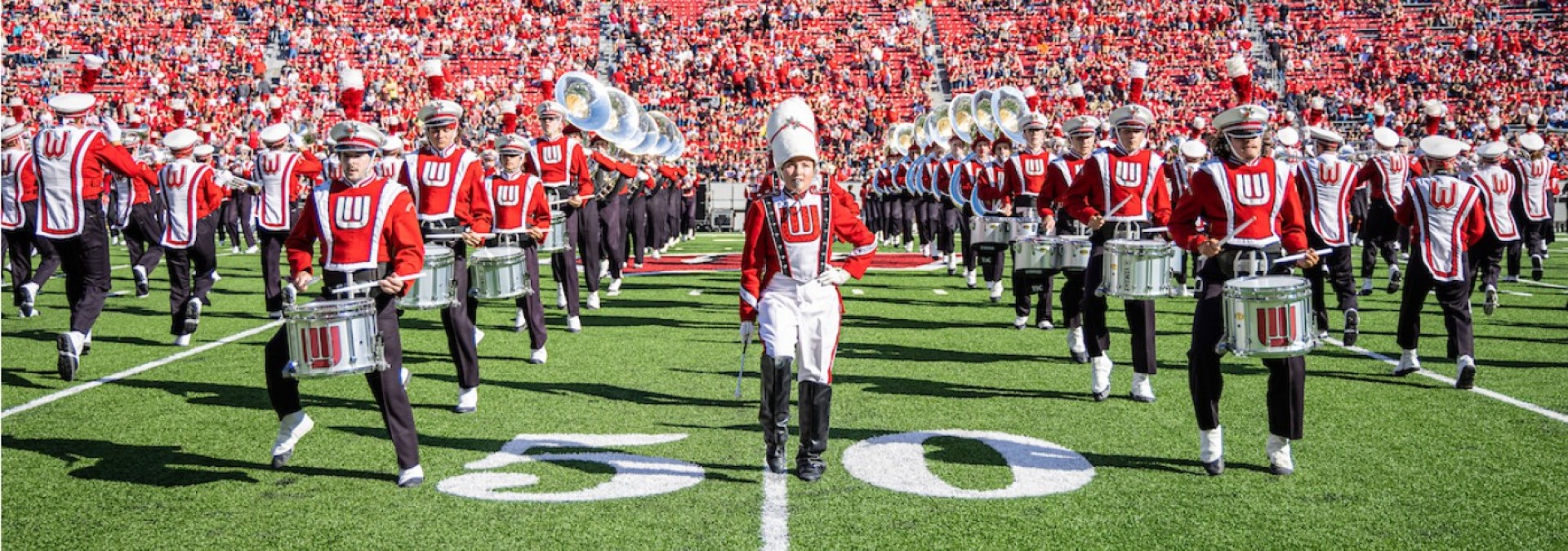When my director announced the All-State challenge, anticipation filled the room. He meticulously outlined the requirements and the fierce competition for each seat. Excited by the opportunity, I embraced the challenge with my competitive spirit. I meticulously studied the audition criteria and devised a systematic plan for mastery. Immersing myself in books and blogs, I sought wisdom on nurturing competitiveness, maintaining composure under pressure, and embodying humility in victory.
I intensified my practice regimen, dedicating myself to twice-daily sessions focused on mastering the requirements. Delving into YouTube, I studied performances by seasoned musicians, absorbing their techniques. Immersed in collegiate music instruction videos, I honed my audition skills. Daily, I borrowed sight-reading materials, spending at least thirty minutes refining this crucial skill. With each passing day, I noticed a remarkable improvement in my performance, exceeding my own expectations.
As I immersed myself in preparation, I envisioned my future unfolding—I was destined to pursue a career in music. After my All-State audition, a message from my director brought joyous news: I had secured a spot in the prestigious ensemble.
The seven weeks leading up to the first rehearsal felt interminable. Yet, as the All-State ensemble came together, the harmonious sound filled me with awe—I was part of something extraordinary. The conductor's dynamic presence and inspiring leadership exceeded my expectations.
As I reflected on the profound impact of her leadership, a desire surged within me to remain under her baton and guidance throughout my college journey. Envisioning myself as a member of her collegiate ensembles filled me with excitement. However, amidst my aspirations, I couldn't overlook the reality of the competition. With over a hundred other talented individuals vying for her attention, I realized the challenge ahead. Understanding her busy schedule, conducting similar honor ensembles across the nation, I pondered deeply: How could I distinguish myself and forge a meaningful connection with her?
After our first rehearsal, I took the initiative to introduce myself to the conductor, sharing my name, hometown, and school affiliation. At the concert's end, I seized the opportunity for a photo with her, captured by my parents.
Take Note
How to Find the Honor Ensemble Conductor’s Email
Most honor ensemble conductors are college or university professors, their bio in the program lists their institution. You can find their email on the institution's website under Academics, Music Department, and Faculty.
Upon returning home, I promptly composed a heartfelt email expressing gratitude for the life-changing experience at All-State. I attached the photo and reminded her of my instrument, section, and seat in the ensemble. Boldly, I inquired about any summer camps or Master Classes she might lead, expressing keen interest in participating.
Much to my astonishment, the very next day, I received an email from her, extending an invitation to her school of music’s ensemble concert and offering a scholarship for their summer music camp. Both my parents and I attended her spring concert, and I had the pleasure of participating in her campus camp last summer, playing in the ensemble she directed. Throughout last fall, she maintained regular contact with me, sending encouraging emails and texts regarding auditions at her university. Occasionally, she would offer special insights into audition preparation. I was thrilled to be accepted at the university and received institutional scholarships covering 70% of my tuition, room, and board, along with opportunities for on-campus work.
Take Note
Comment from a
School of Music Dean
“College music administrators, directors, and professors meticulously choose the students they admit to their music programs. They understand that these students will not only be their pupils today but also future alumni and colleagues in four years. This bond will extend into music associations, productions, and possibly collaborative teaching opportunities. Hence, fostering a positive relationship early on can greatly enhance chances of admission and scholarships.”
As I stepped onto campus for the first time this fall, amidst the hustle of moving in, a knock at my door revealed a surprising delivery: a piping hot pizza. The delivery person also handed me a note, handwritten by none other than the conductor herself. It read, “I am so glad you've chosen to be a part of our school of music. I've conducted over sixty events, including All-States, All-Districts, and All-Counties, and you were the very first person to write me a thank-you letter. I was so impressed that I wanted to stay connected with you until your arrival on our campus. Your presence here has fulfilled my dream. Welcome!" Yes, her warm words made me feel truly welcomed and appreciated.
Now, I'm on my way to the music school for my first college rehearsal, all sparked because I wrote a simple note of thanks.

.png)
.png) ARTICLE GLOSSARY
ARTICLE GLOSSARY

.png)
.png)


.jpg)
.jpg)

.jpg)





.jpg)
.png)










.jpg)



.jpg)
.jpg)
.jpg)
.jpg)
.jpg)

.png)
.png)

